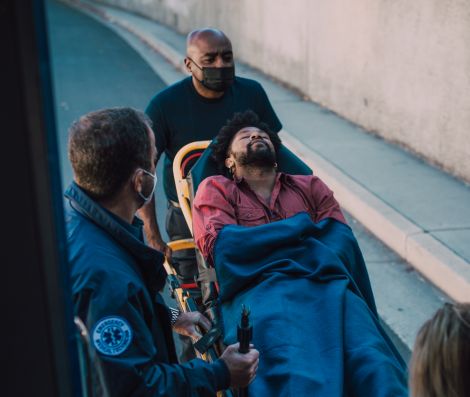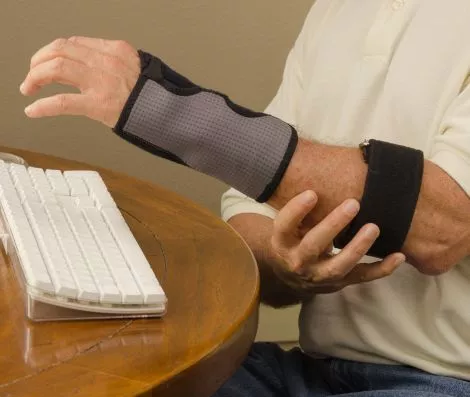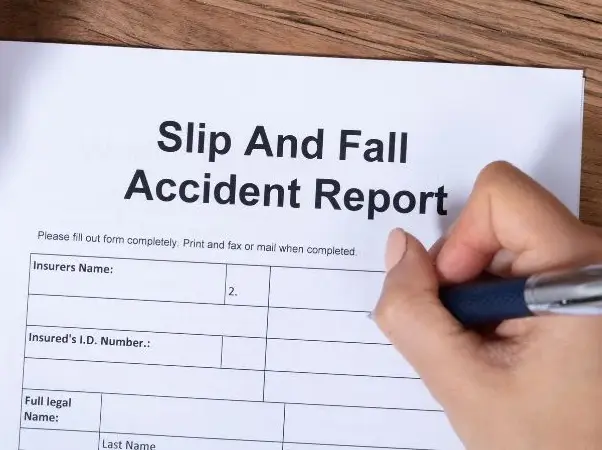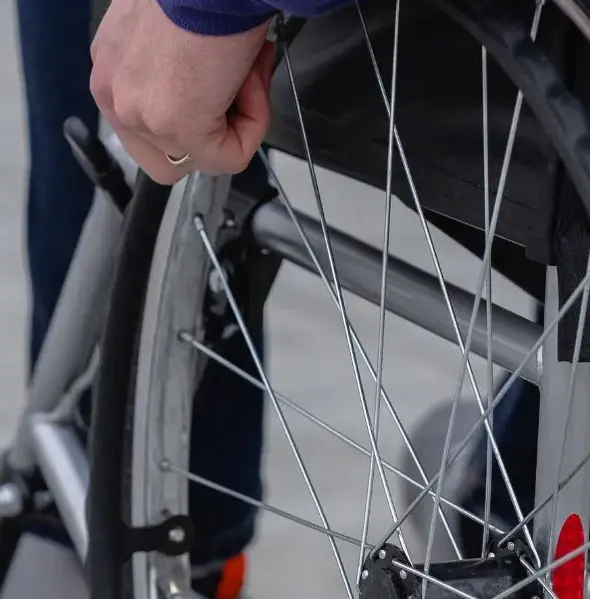Charlotte Office 704-815-6055
Asheville Office 828-252-2852
Charlotte Workers’ Compensation Denial Appeal Lawyer
Charlotte Workers’ Compensation Denial Appeal Attorney
A denied workers’ compensation claim can be a devastating setback, leaving injured workers without the benefits they need to recover. Navigating the appeals process is often overwhelming, especially when medical bills and lost wages continue to pile up. If your claim has been denied, a Charlotte workers’ compensation denial appeal lawyer can help you challenge the decision and fight for the benefits you are entitled to.
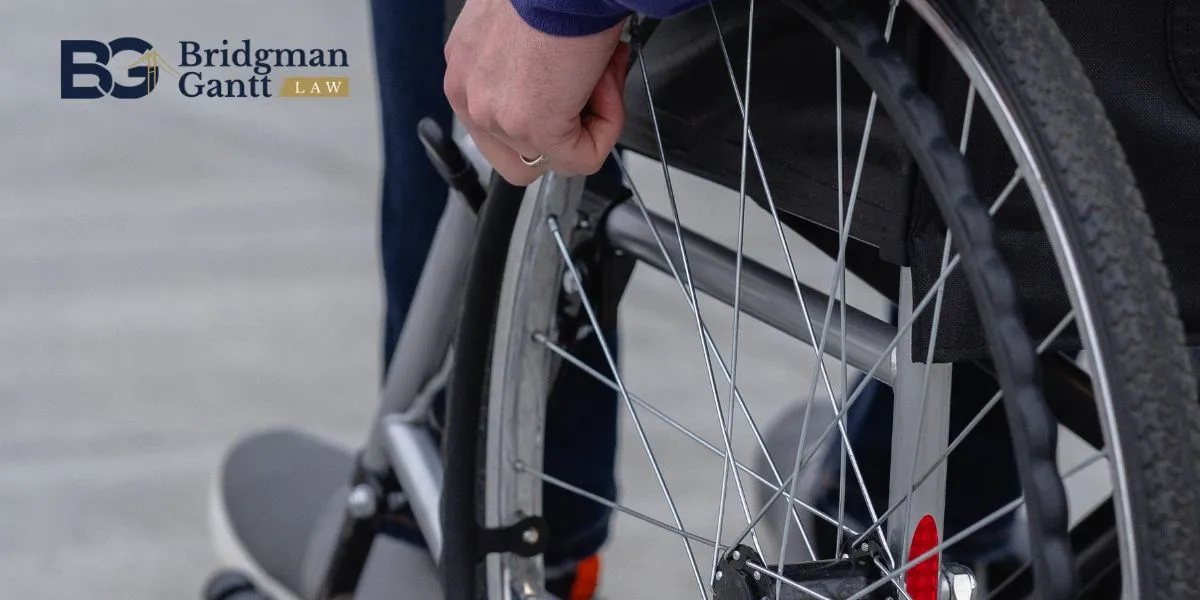
At Bridgman Gantt Law Offices, we are dedicated to standing up for injured workers who are facing denied claims. With a thorough understanding of North Carolina’s workers’ compensation system, we provide personalized guidance to help clients successfully navigate the appeals process.
Why Choose Bridgman Gantt Law Offices?
At Bridgman Gantt Law Offices, we understand how a denied workers’ compensation claim can leave you feeling unsupported and uncertain about the future. Our team has decades of experience in helping injured workers across Charlotte and North Carolina successfully appeal denied claims. We take a client-focused approach, offering personalized guidance and clear communication at every stage of the process.
What sets us apart is our commitment to thoroughly understanding your case and building a strong appeal. From gathering additional evidence to addressing disputes from insurers, we can work diligently to secure the benefits you deserve. Our deep knowledge of North Carolina’s workers’ compensation system is only matched by our dedication to justice. When you choose Bridgman Gantt Law Offices, you gain a legal partner who is prepared to fight for your rights and financial recovery.
Common Causes of Workers’ Compensation Denials
Workers’ compensation claims can be denied for several reasons, often leaving injured employees without the benefits they need. Common causes include:
- Incomplete or inaccurate paperwork
- Failure to report the injury to an employer within the required timeframe
- Filing a claim after the deadline
Disputes over whether the injury occurred at work or resulted from a pre-existing condition are also frequent issues.
Insurance companies may argue that the injury is not severe enough to warrant compensation or that medical evidence is insufficient. Additionally, discrepancies in the incident report or lack of witness statements can lead to denials. Addressing these issues promptly is essential for pursuing a successful appeal.
What Are My Options After a Denial?
If your workers’ compensation claim is denied, you have the right to appeal the decision. Start by carefully reviewing the denial letter to understand the specific reasons for your rejection. Gather additional evidence, such as updated medical records or witness statements, to address gaps in your original claim.
You may need to request a hearing before the North Carolina Industrial Commission to present your case. Meeting all the appeal deadlines is critical to keeping your case active. A Charlotte workers’ compensation attorney can help you navigate the appeals process and build a stronger case to pursue the benefits you need.
How an Attorney Can Help You With a Workers Comp Appeal
An experienced workers’ compensation attorney can provide valuable assistance during an appeal by reviewing your denial letter and identifying weaknesses in your original claim. They can gather missing documentation, such as detailed medical records or testimony, to support your case.
Attorneys can also handle the legal aspects of filing an appeal, ensuring compliance with deadlines and procedural requirements. If a hearing is necessary, they can represent you, present evidence, and address disputes raised by the insurer. By handling the complexities of the appeal process, a lawyer can increase your chances of securing the compensation you deserve while allowing you to focus on your recovery.
FAQs
What Should I Do If My Workers’ Compensation Claim Is Denied?
If your workers’ compensation claim is denied in Charlotte, NC, review the denial letter to identify the reasons why. Then, gather additional evidence, such as updated medical records or witness statements. File your appeal promptly to avoid missing deadlines. Be sure all documents are accurate and complete to address any deficiencies in the original claim. Properly preparing your appeal improves your chances of obtaining the benefits you need.
How Can a Lawyer Help With a Workers’ Compensation Appeal in Charlotte?
A lawyer can evaluate the denial, collect evidence, and make sure all forms are properly completed. They can also represent you during hearings, negotiate with insurers, and address disputes over the claim. Their understanding of workers’ compensation laws can strengthen your case and avoid costly mistakes. With legal guidance, you can have a better chance of securing the benefits you are entitled to under the law.
What Are the Common Reasons for Workers’ Compensation Claim Denials?
Claims may be denied due to incomplete documentation, insufficient evidence of a work-related injury, or filing errors. Delays in reporting the injury or disputes over medical evaluations can also lead to denials. Understanding the specific reason for the denial allows you to address the issue directly, whether by providing additional evidence or correcting mistakes in the original claim. A thorough appeal can resolve these problems effectively.
How Long Do I Have to File an Appeal for a Workers’ Compensation Denial?
In North Carolina, the timeframe to file an appeal for a workers’ compensation denial varies based on procedural steps. Typically, a notice of appeal must be submitted promptly after the denial, followed by filing Form 44 and supporting documents within 25 days of receiving the case transcript or a notice that no transcript is required. Timely action is critical, as missing deadlines may result in losing the right to appeal.
Schedule Your Workers’ Compensation Denial Consultation Today
A denied workers’ compensation claim can create significant stress and uncertainty when you’re already dealing with an injury. Bridgman Gantt Law Offices is here to help you navigate the appeals process and fight for the benefits you deserve. Our experienced team understands the challenges of denied claims and is committed to advocating for injured workers across Charlotte.
Don’t let a denial prevent you from accessing the support you need. With our personalized approach, we can guide you through each step of the process. Contact Bridgman Gantt Law Offices today to schedule your workers’ compensation denial consultation.
Charlotte Workers’ Compensation Denial Appeal Lawyer Reviews
★★★★★
“What an amazing and professional group of people!! Mr. Gantt was super informative and treated us with respect and kindness. He explained everything from start to finish. His team was always available and were also kind and professional. When it came time to go to court he called a few days before and went through the process step by step. Making us feel comfortable. The day of court he called again and asked if we had questions or concerns. Ensured us that everything was going to be okay and just relax and he would be there every step of the hearing. Once the hearing was done he called us again and explained what he felt the result was going to be, and he was right! Would 100% recommend him to anyone. Thank you Mr. Gantt!” – Polly Clark
★★★★★
“All I can say is that this firm took care of EVERYTHING! I never felt out of the loop and was quite happy with the results. Also, Mr. Gantt and the staff made it extremely easy to discuss matters, even those that are personal! Thanks!” – Ken Soltys
★★★★★
“Mr. Bridgman was professional and on point he kept me fully aware of the process and what was always going on a true blessing to me and others.” – Tameron Gaines
Charlotte Workers’ Compensation Resources:
- Questions to Ask a Workers Comp Lawyer in North Carolina
- What Does a Workers Compensation Claims Adjuster Do in North Carolina?
- How Does Workers Comp Work in North Carolina?
- How To Qualify for Social Security Disability in North Carolina?
- How Long Does It Take to Get Social Security Disability in North Carolina?
- How Often Do North Carolina Workers Comp Cases Go to Trial?
Contact Us Today
Please fill out the form below and we will be in touch soon.
"*" indicates required fields












